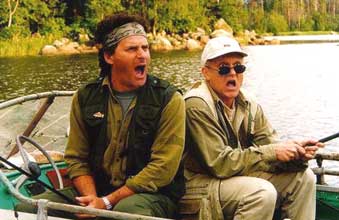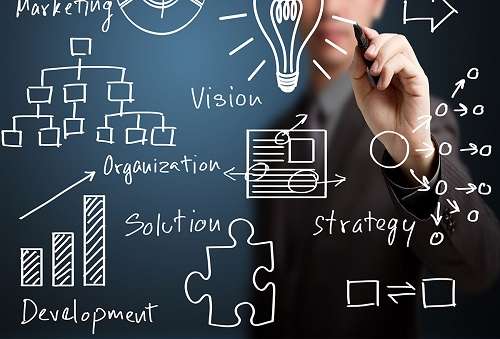Modern enterprise logistics and its functions
 To begin with, how to determine the level of development of its logistics achieved by a specific enterprise, since the article will deal with the logistics of a modern enterprise.
To begin with, how to determine the level of development of its logistics achieved by a specific enterprise, since the article will deal with the logistics of a modern enterprise.
Perhaps you are interested to know is your enterprise advanced or has it lagged behind for 50 years? From this depends largely on the prospect of the company to continue its activities or to be destroyed in a competitive war in the coming years. Who destroyed? Of course, more successful competitors and “hands” of consumers who are not satisfied with the quality level of the logistics service of your enterprise.
What is a logistics service? ABOUT! Let’s understand in order. With such questions, it is obvious that you are not yet in the subject. It is better that while you were in proportion. It is better when this article is read not only by a simple logistic worker, an enterprise specialist, a lower or middle manager who owes his position and job descriptions to carry out the wise decisions of top managers, the general director or the managing owners of an enterprise. All of them, as a rule, are clamped by their leadership, which, as it seems to them, knows more, knows more, hears more clearly, sees further, and in general … It’s better that this article also read the “share leadership”, since This guide should make the best decisions, on which the company’s net profit, its net cash flow, its market value and its share in all of this depend. So give them this article on how to increase their share. As a result of the application of this knowledge, there must also be an economic basis for increasing the remuneration for work for everyone in the enterprise who works for hire.
Practice is the criterion of truth. To confirm the importance of the position of the head, who makes important decisions, I will tell you about the incident that took place recently at the Donetsk industrial enterprise, which proudly calls itself “the world leader”. Unfortunately, this conceit does not apply to the logistics of this company. The head of the procurement department of this plant was specifically sent for training to the open training module “Basics of Effective Inventory Management“ How to ”. The hope was that by arming with knowledge of effective inventory management, he would optimally reduce the costs of managing material resources and increase the very small net profit of this enterprise. Encouraged by new valuable knowledge on effective inventory management, he said that “… he goes to the plant and will certainly make a presentation on the content of the training he has undergone to the plant chairman so that, having enlisted his administrative support, to begin progressive changes in logistics of supply. After a while I asked him by e-mail: “Well, how’s the presentation?”. Received the answer: “In the course of the presentation, watching the bored chairman of the board, I understood that he personally didn’t need it. He responded to my suggestions, that “we will return to this question, probably, in two … three months.” Well, this is the typical answer of a management bureaucrat who “sits” on a good official salary, who does not depend on anything.
To simplify the terminology, I’ll say that enterprise logistics refers to that part of its business activity, which is related to forecasting consumer demand for products, inventory management, procurement management, warehousing management, transportation management, customer order management, freight transportation, acceptance, sorting, placement on storage and storage of stocks, a complete set of orders in stock. Logistics functions are types of logistic work. For example, the logistic function “Consumer order management” is a type of logistic work.
To determine the level of your enterprise achieved in logistics, let’s get acquainted in brief with the world history of logistics development. Reading this information, you will inevitably compare it with the situation in your enterprise and understand where it is located. This is very important, because it is characteristic of a rational person to first realize the situation “As is” and “How it can be”, and then plan the situation “As it should” and create it.
The evolutionary development of enterprise logistics management has gone through three main stages:
(1) fragmentation or “feudal fragmentation” in logistics;
(2) functional aggregation or integration of logistics functions under the direction of a single center, which is the logistics director;
(3) process integration or the development and implementation of logistics as the main business process of an enterprise.
At the stage of fragmentation of the company’s logistics in connection with the allocation of separate logistics functions (transportation, inventory management, procurement, warehousing, cargo handling), as well as due to the need to account for and control the costs associated with them, some logistics functions were assigned to the relevant departments of the enterprises.




